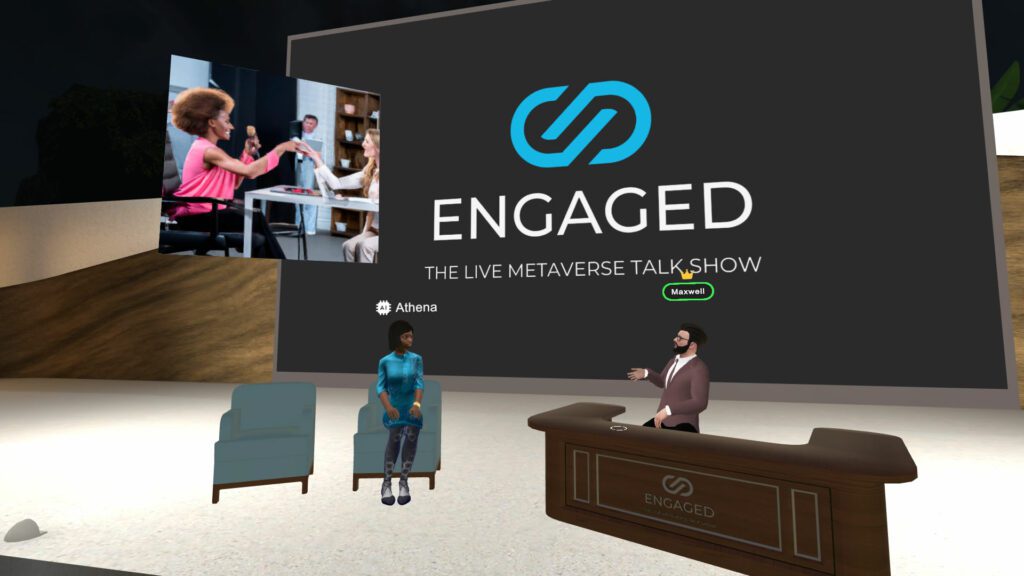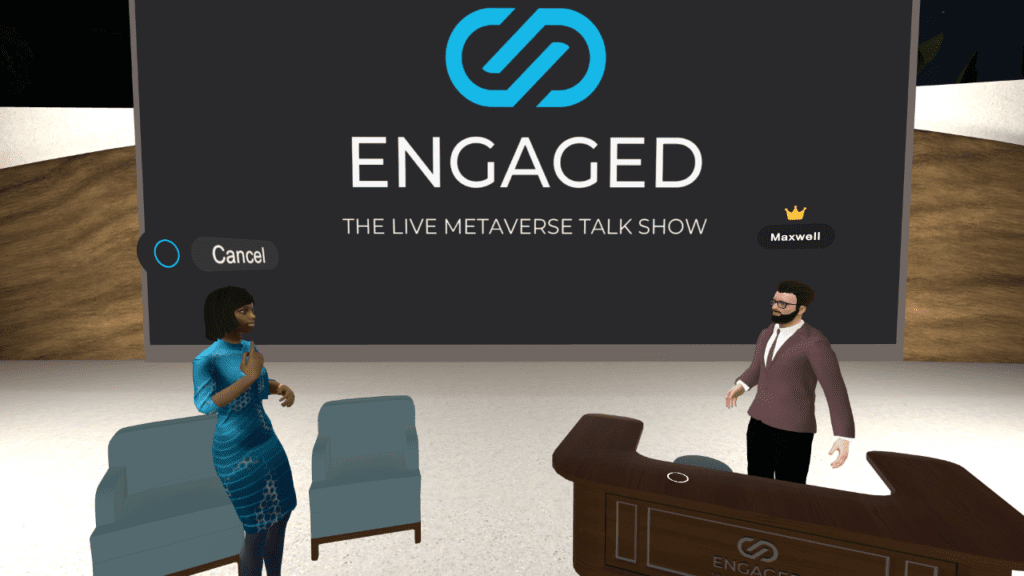
Exploring the Role of Generative AI in the Metaverse
The Metaverse is a term coined by Neil Stephenson in the novel “Snow Crash” and has quickly become one of the hottest terms in tech. As it evolves, more members of the XR community have asked the question of “Why use the Metaverse? What can it help me with?”. As this digital world evolves and expands, one of the driving forces behind its development is Generative Artificial Intelligence (Generative AI). In this article, we’ll explore how Generative AI can make the Metaverse a reality, and bring its many professional and personal advantages to the surface.
Creating Realistic Environments:
Generative AI plays a pivotal role in crafting realistic-looking worlds in immersive environments. Through advanced algorithms, these systems can generate realistic landscapes, cities, and ecosystems, enhancing the overall immersive experience for users. From the texture of surfaces to the way light interacts with the environment, Generative AI contributes to creating a truly authentic and efficient digital space.

Personalized Avatars and Characters:
In the Metaverse, users will interact through digital avatars, and Generative AI is at the forefront of personalizing these digital clones. By analyzing user data, preferences, and behaviors, Generative AI algorithms can craft avatars that not only mirror physical appearances but also capture individual features in movement, speech, and expressions. This level of personalization creates a sense of identity in the virtual realm.
Dynamic Storytelling and Content Creation:
Generative AI enables users to craft interesting and intricate stories in the Metaverse. Virtual worlds can evolve based on user actions, creating a personalized storytelling experience. Whether it’s a video game, social interaction, or educational content, Generative AI adapts to the story as the content is created, making the Metaverse a dynamic and ever-changing space.

Enhanced Social Interaction:
Generative AI creates more natural and intuitive communication between users in the Metaverse. Chatbots and virtual assistants powered by Generative AI can understand and respond to language, making socialization more intricate. This technology enables users to engage in meaningful conversations and collaborative activities, fostering a sense of community within the digital landscape.

AI-Generated Creativity:
The Metaverse is not just about creating a replicated physical world; it’s an opportunity to explore new areas of creativity. Generative AI can be utilized to generate art, music, and other forms of creative content. This not only enriches the virtual environment but also provides a platform for AI-driven creativity to flourish, pushing the boundaries of what is possible within the Metaverse.
Challenges and Ethical Considerations:
While the integration of Generative AI in the Metaverse presents numerous benefits, it also raises ethical concerns. Issues related to privacy, data security, and the potential misuse of AI-generated content need extensive review and feedback. Creating a balance between innovation and responsible use of technology is crucial to ensure a positive and inclusive Metaverse experience.
Generative AI is being used around the world to evolve the Metaverse, shaping the way we engage with virtual spaces and each other. As this technology continues to advance, it holds the promise of creating more immersive, personalized, and creative digital experiences. However, it is important that developers, policymakers, and society at large work together to navigate the ethical challenges and ensure that the Metaverse becomes a positive and inclusive space for all.

